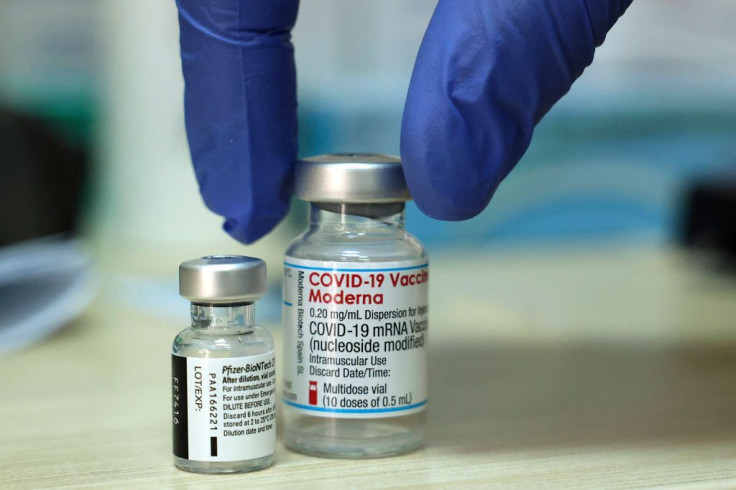The world continues to figure out how to protect itself against the new looming threat called the Omicron variant. Getting a booster is being pushed although the necessary backing is still needed.
With South Africa being the nation singled out as where Omicron has been spreading, researchers have started conducting studies of the variant against available vaccines. Pfizer needs no introduction and it appears the Omicron variant is finding a way to elude the said vaccine.
In a report from CNN, it was found that the Omicron variant has found a way to elude Pfizer protection. But the hitch is that this does not cover people who have been previously infected and then vaccinated.
Hence, the good news is that for people who have already contracted COVID-19 and are fully vaccinated, the Pfizer booster should work. But what about those who do not fall in that category?
"There is a very large drop in neutralization of Omicron by BNT162b2 [Pfizer/BioNTech] immunity relative to ancestral virus," Alex Sigal of the Africa Health Research Institute in Durban, stated on Twitter.
"Omicron escape from BNT162b2 neutralization is incomplete. Previous infection + vaccination still neutralizes," he added.
Sigal's team used human lung cells for the tests. Blood from the six volunteers who had been infected and then vaccinated was better able to neutralize the virus in the study that has not yet been peer-reviewed.
It would be best to note that the team did not test the Omicron virus variant against the blood of people who had received vaccine boosters. But as far as Sigal is concerned, folks who are fully vaccinated and then get a booster shot should be well protected from the severe disease that the Omicron variant carries.
Sigal adds that COVID-19 vaccines create strong immune protection that gives an added layer of immunity. Even if the variant escapes some of the immunity, there is plenty left to shield people from severe disease.
In all, the virus attacks human cells through the same route it always has -- a molecular doorway called the ACE2 receptor.

© 2025 Latin Times. All rights reserved. Do not reproduce without permission.




